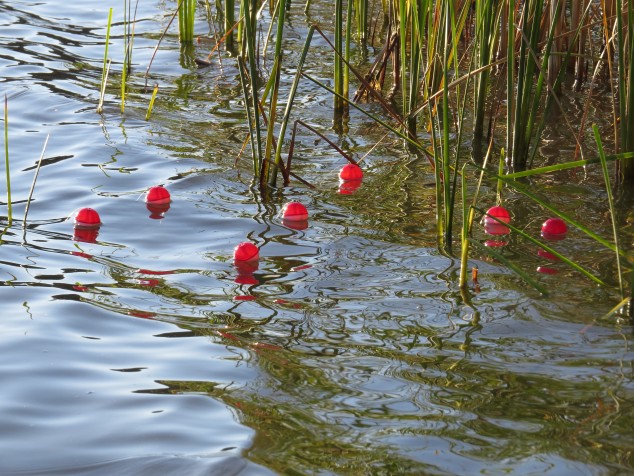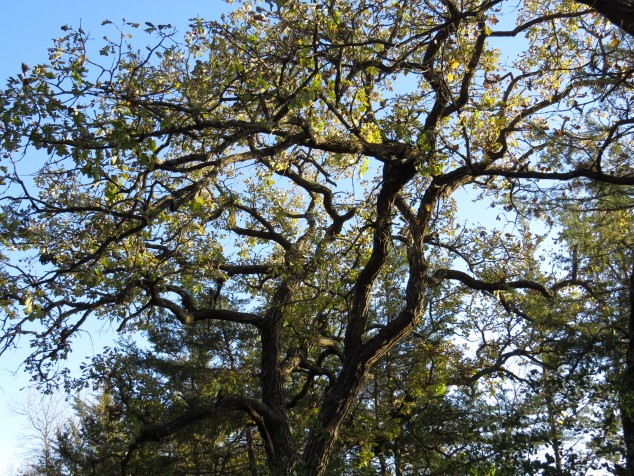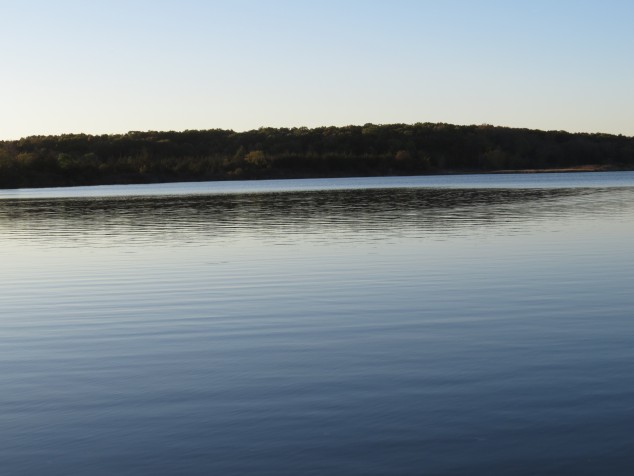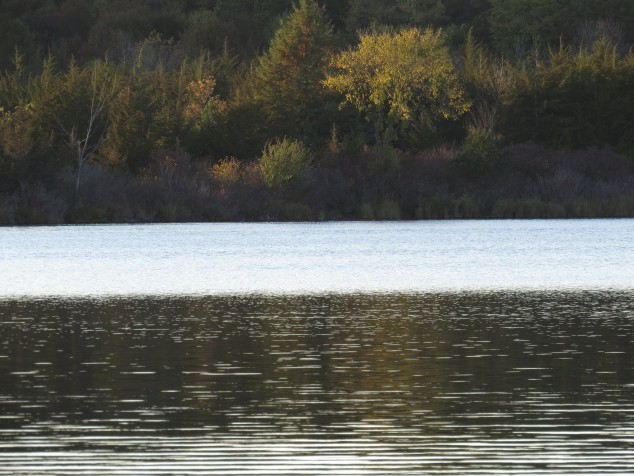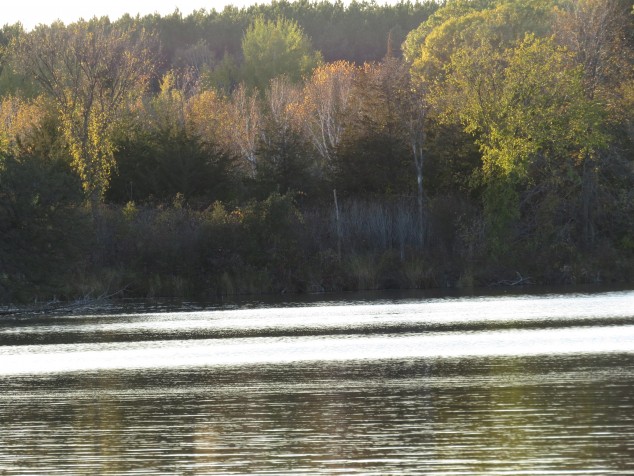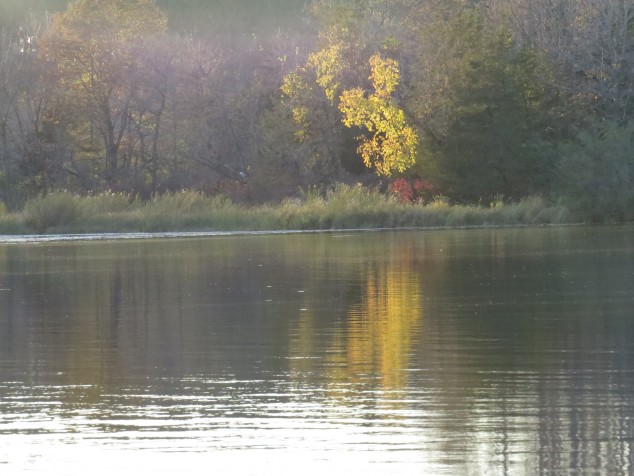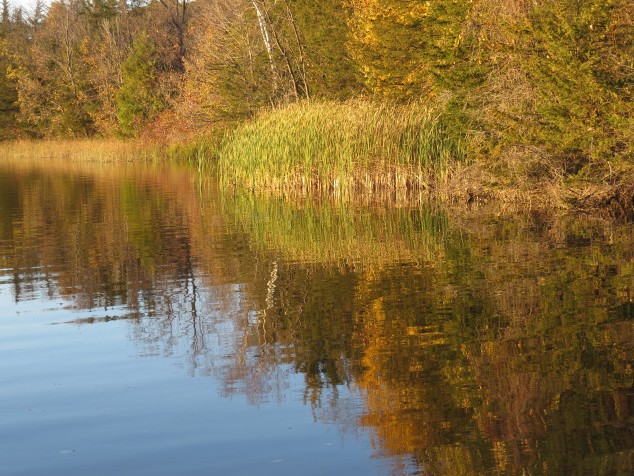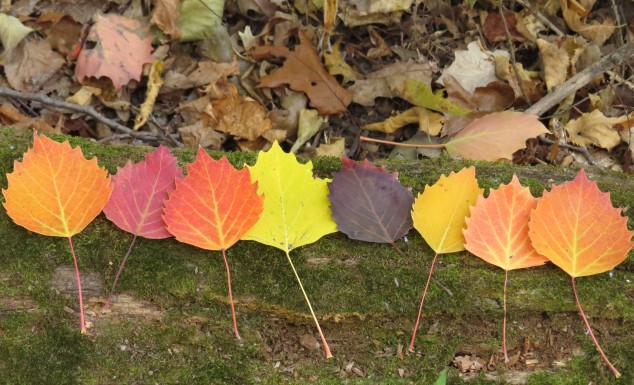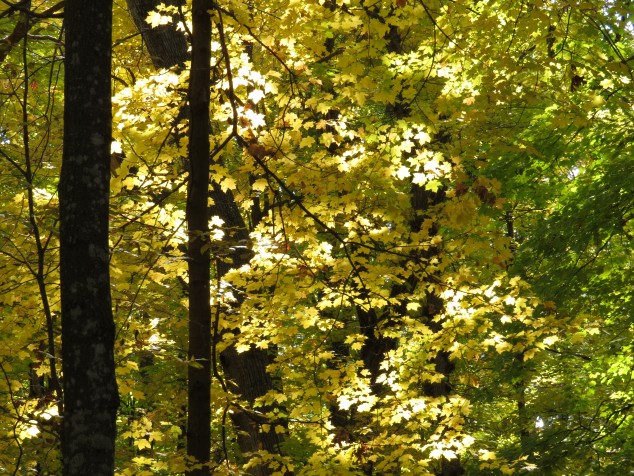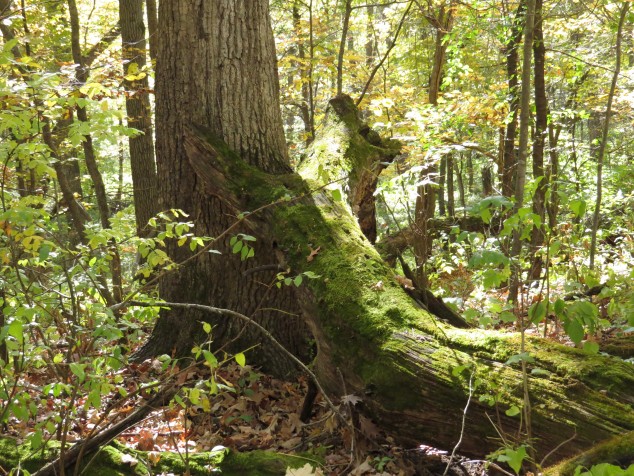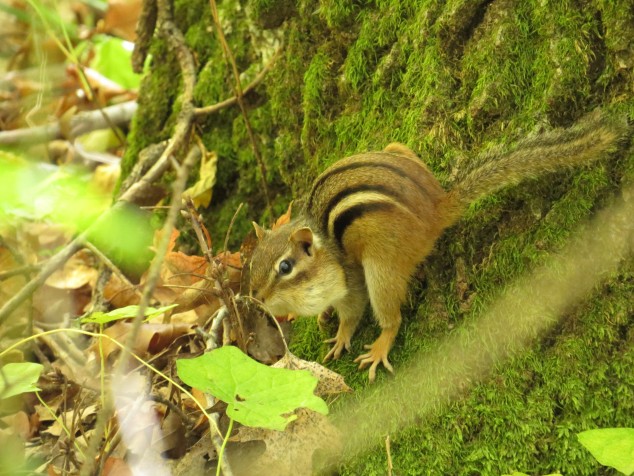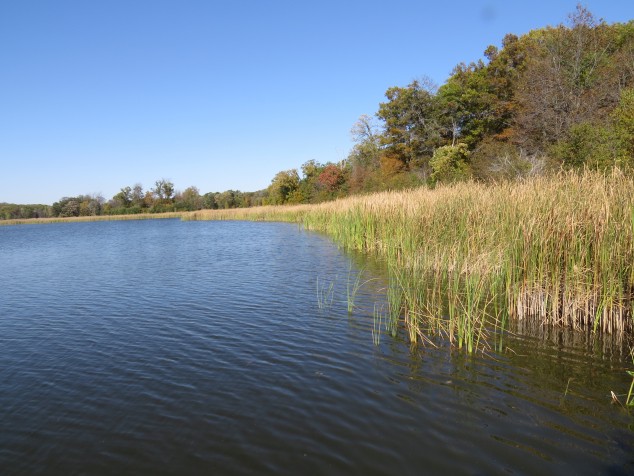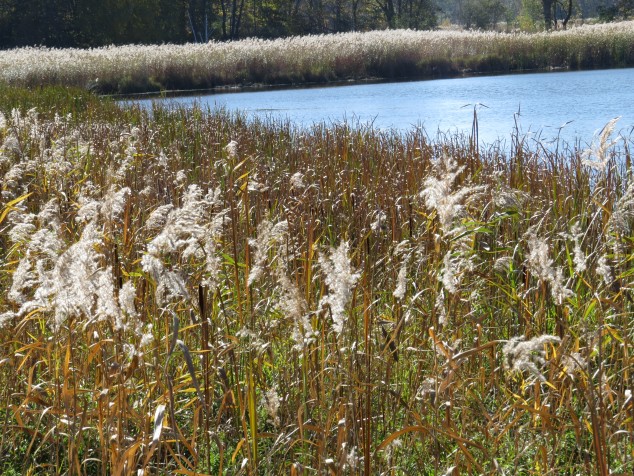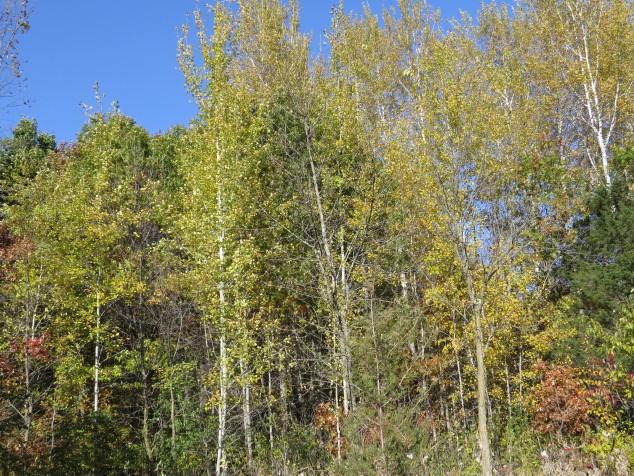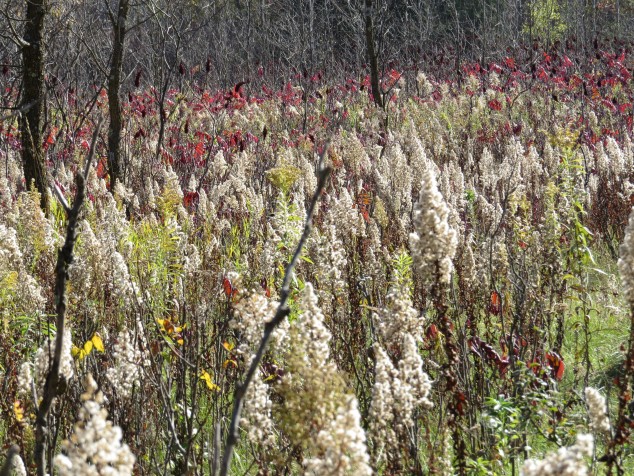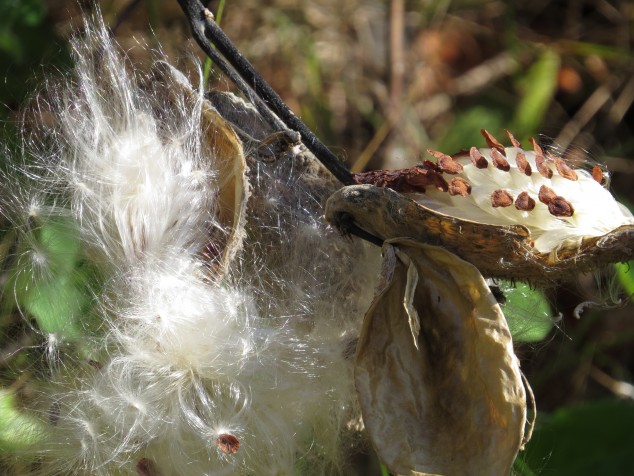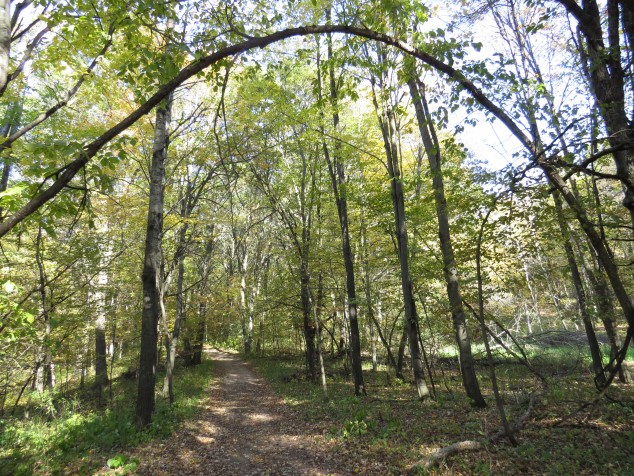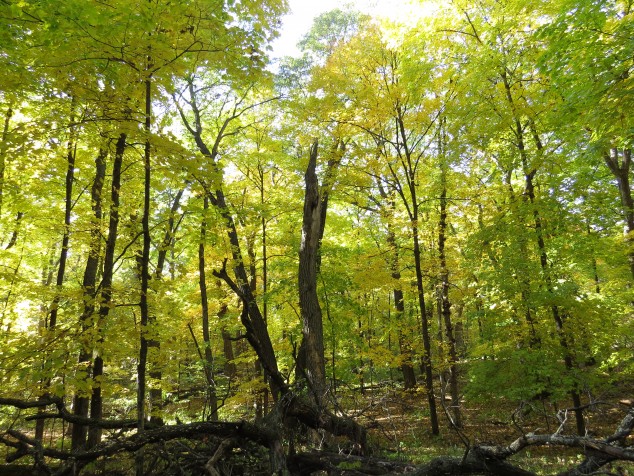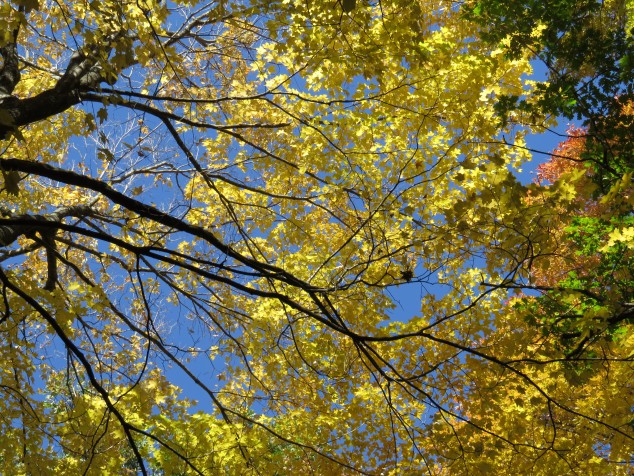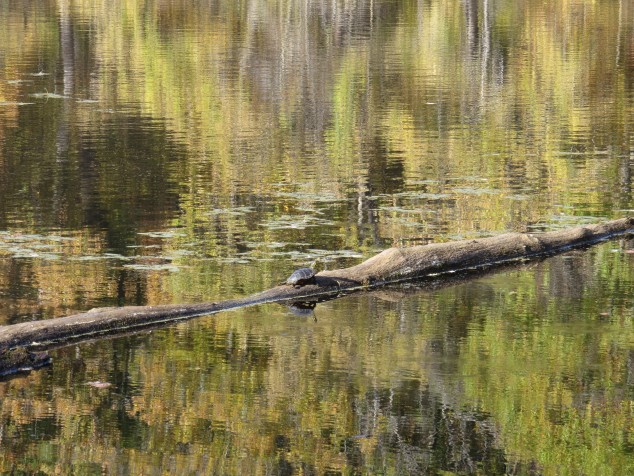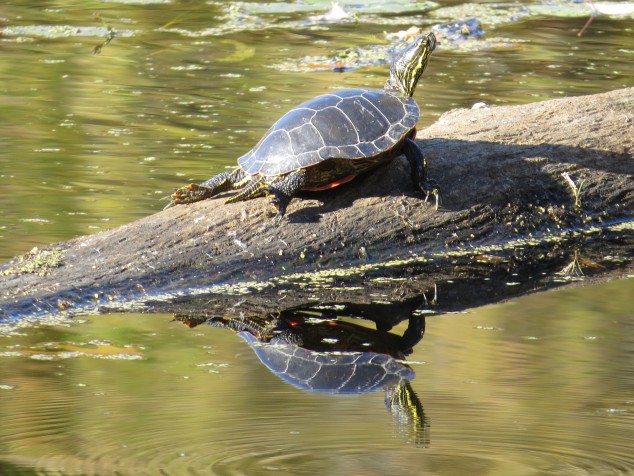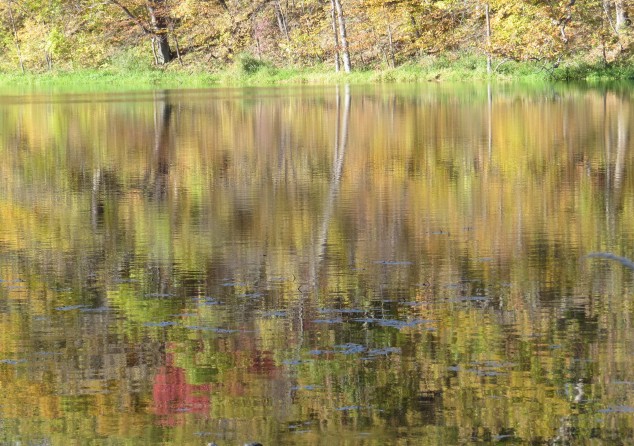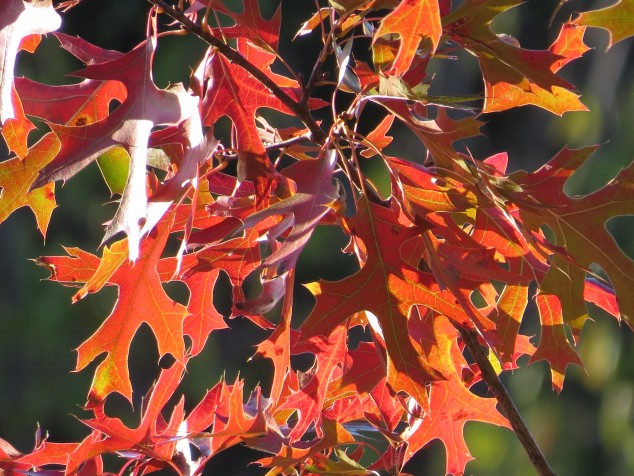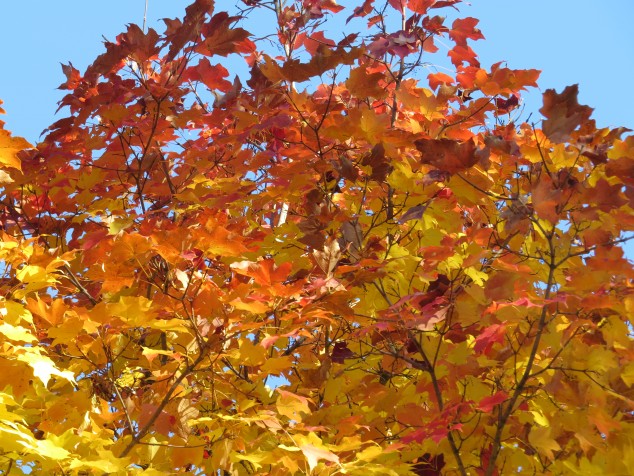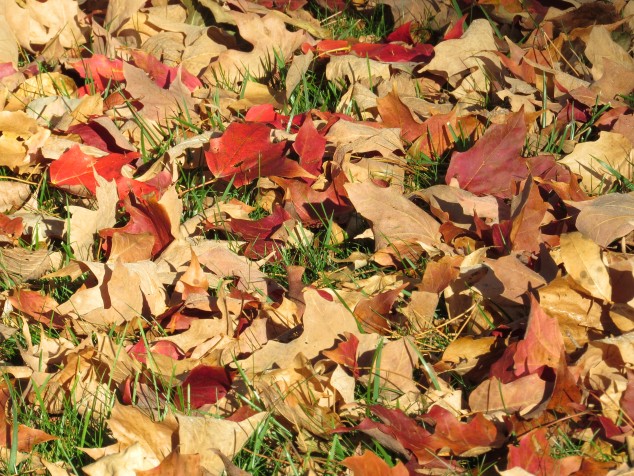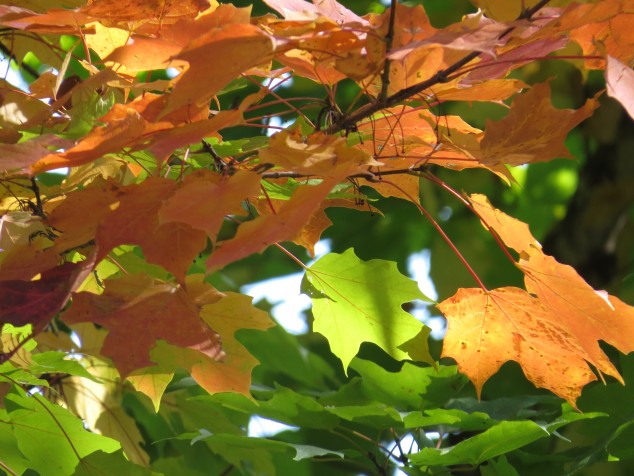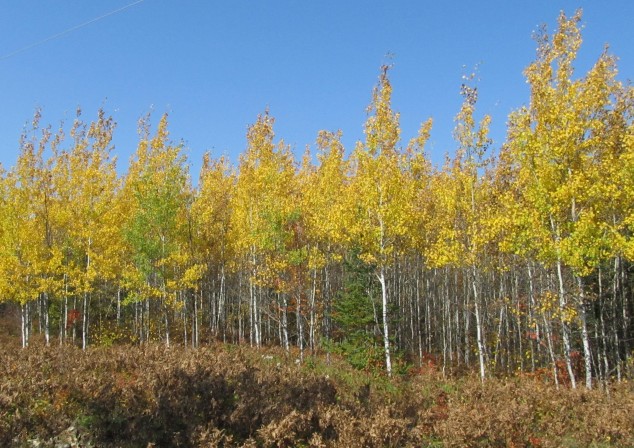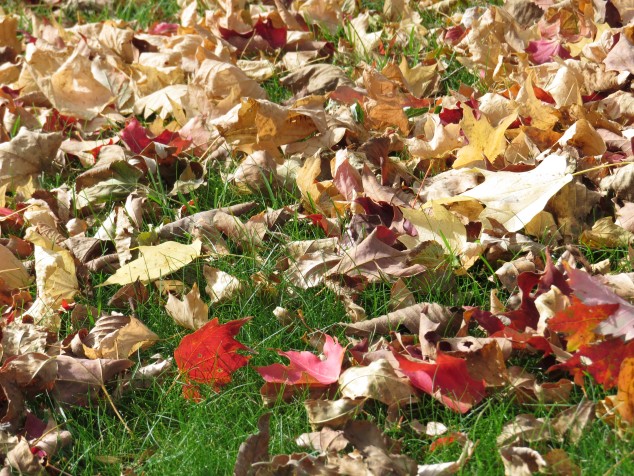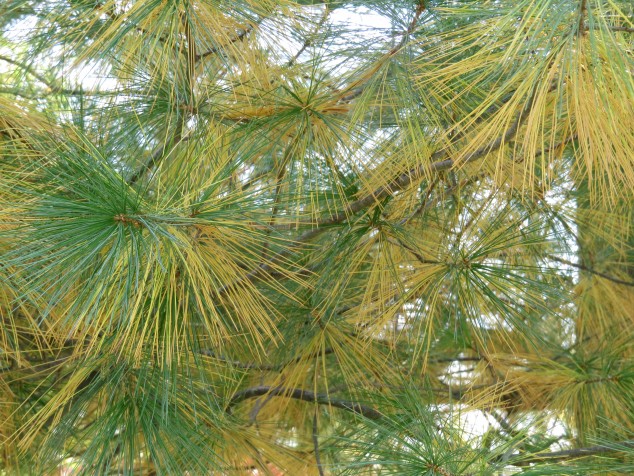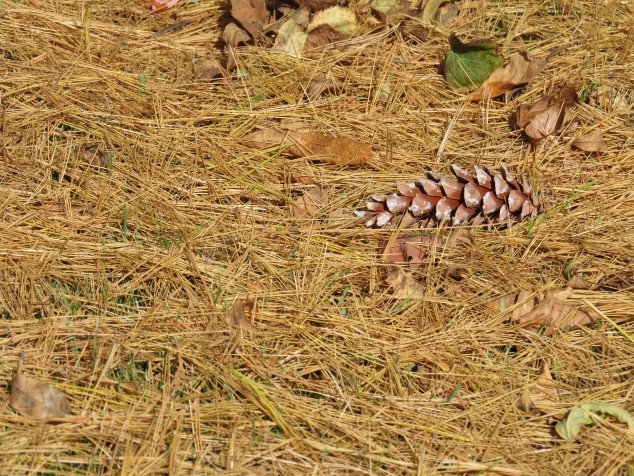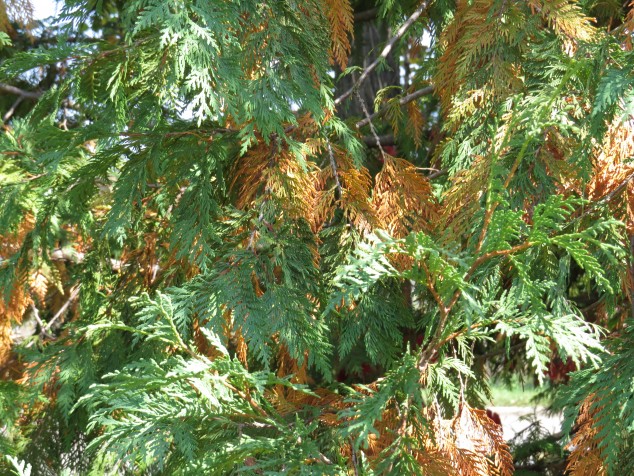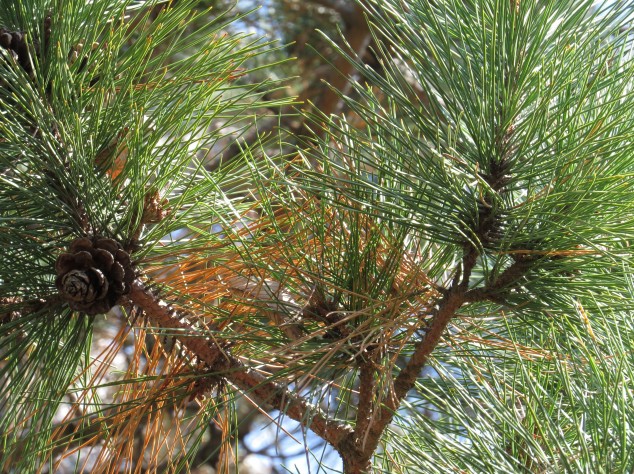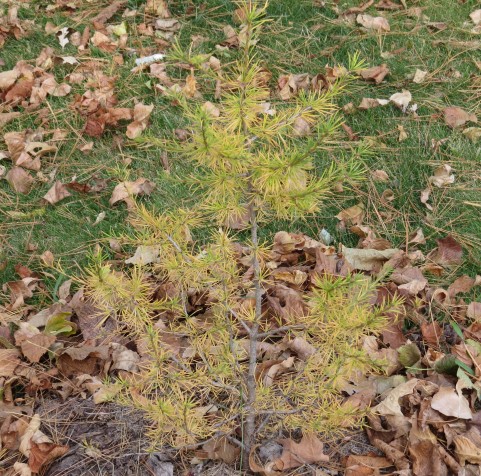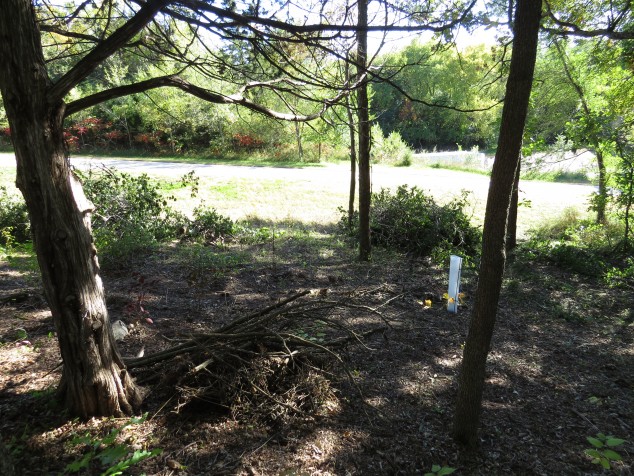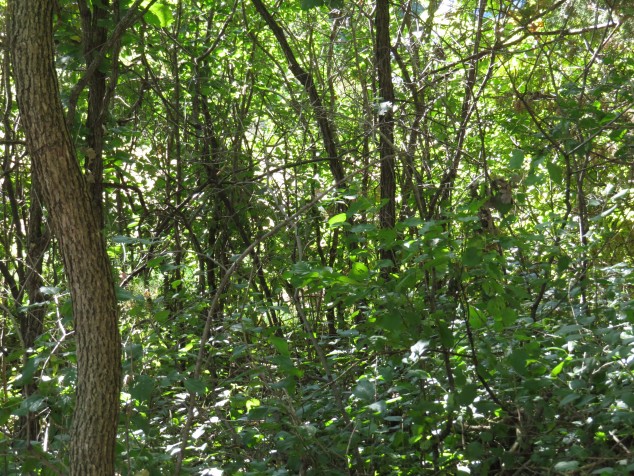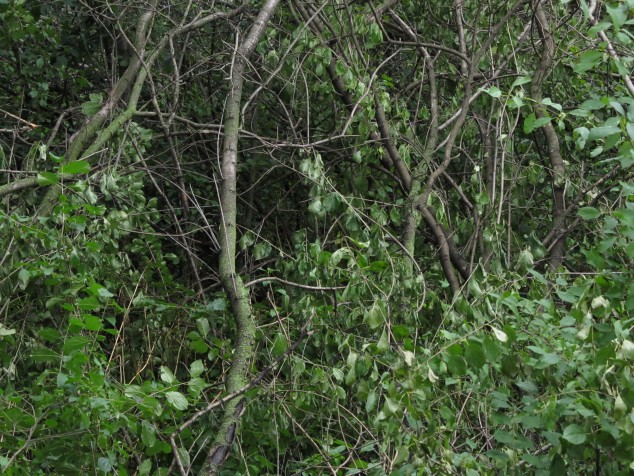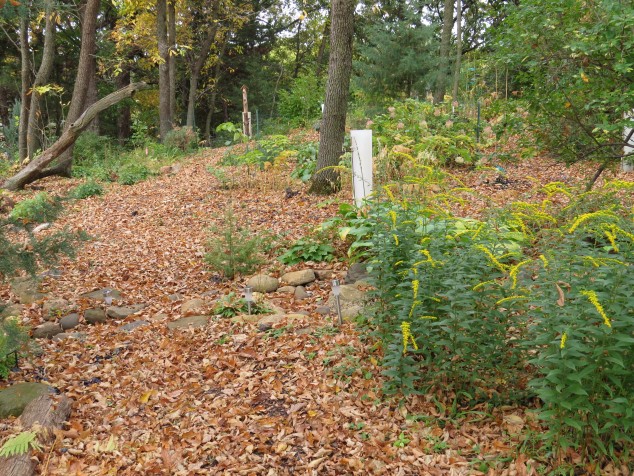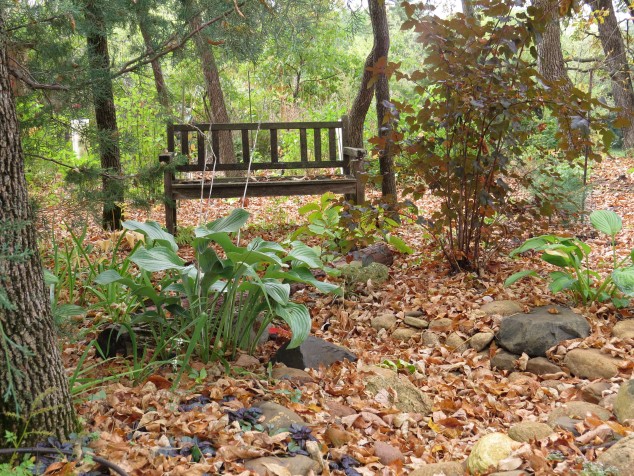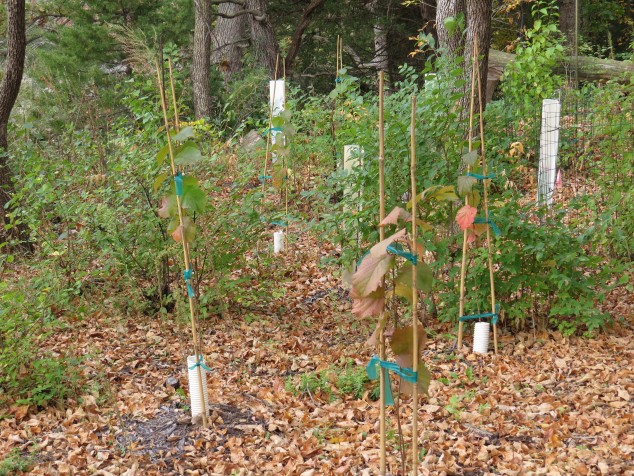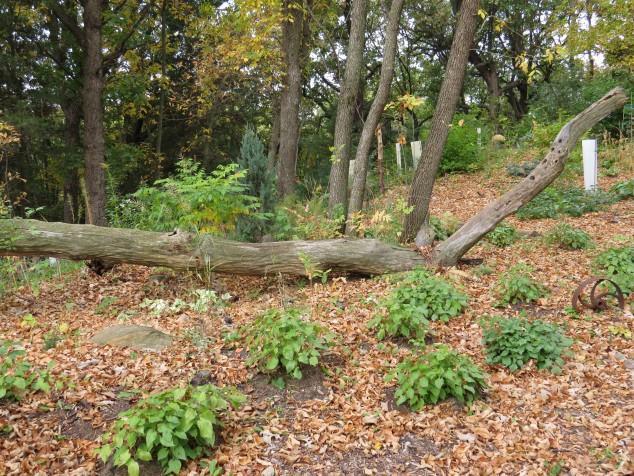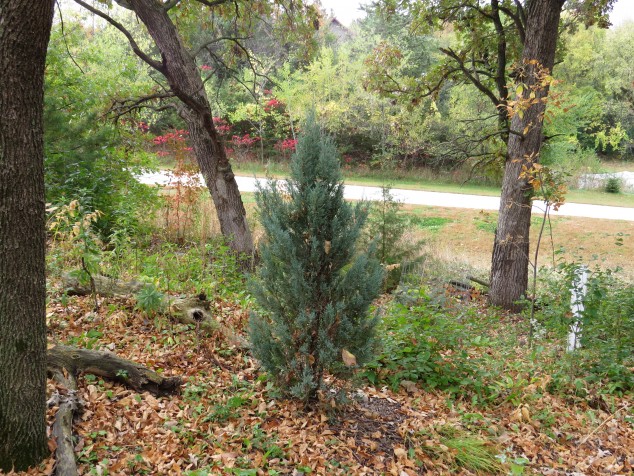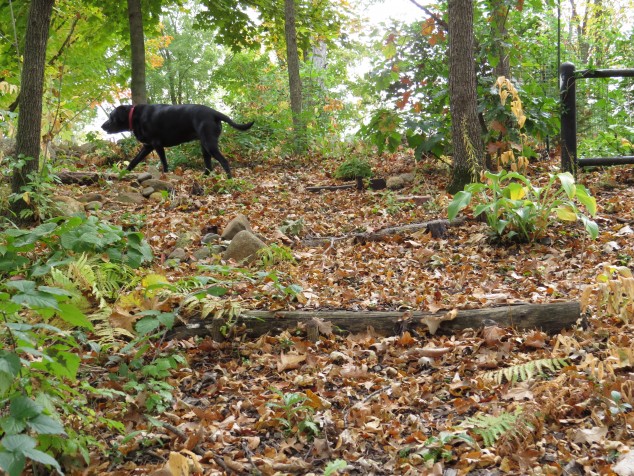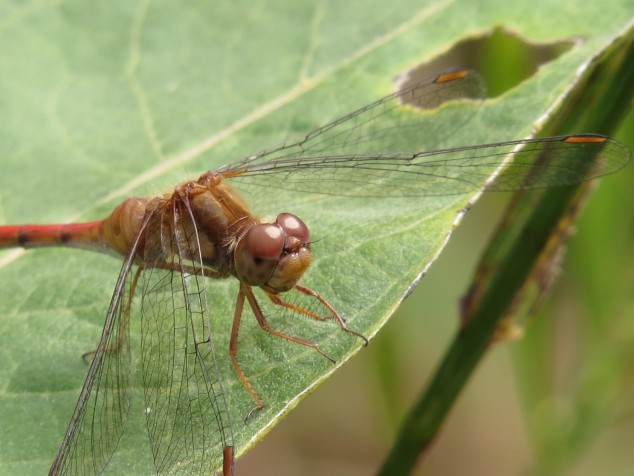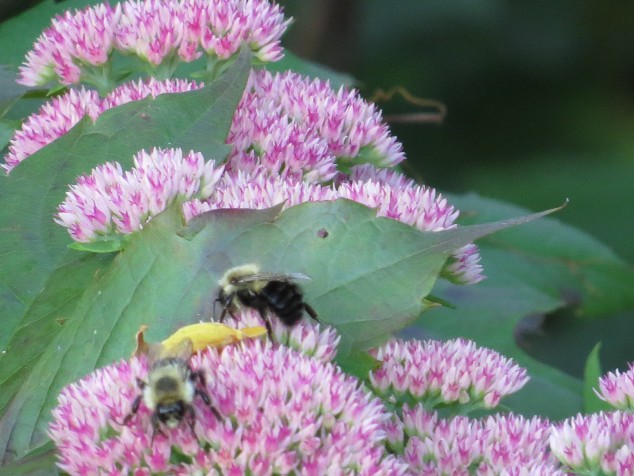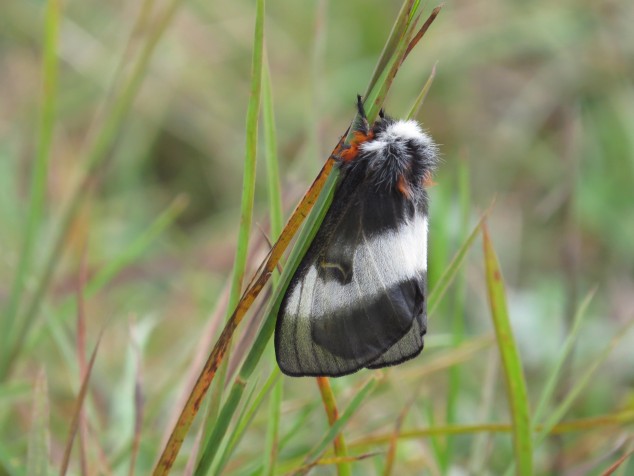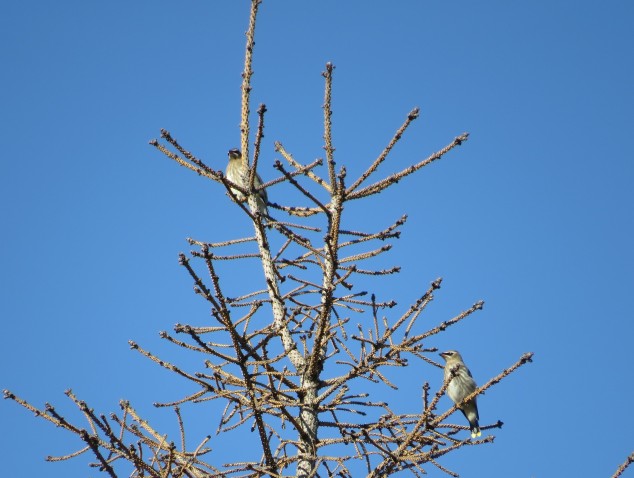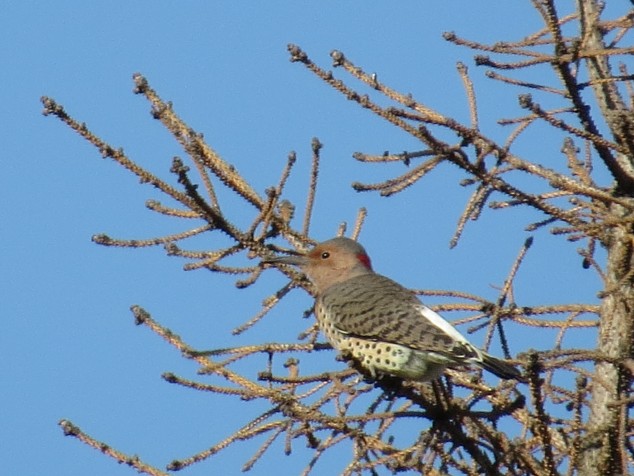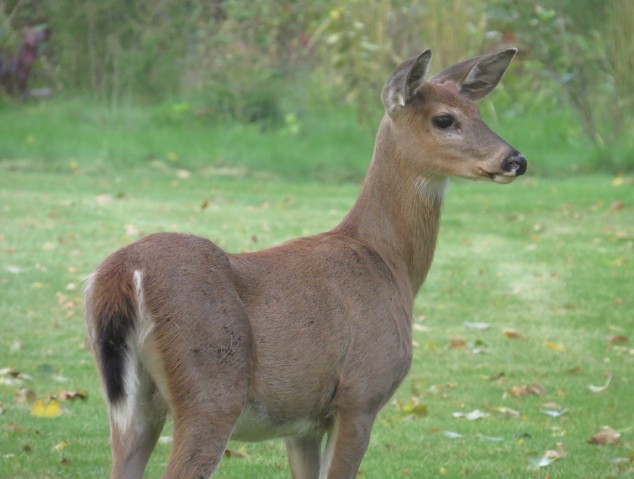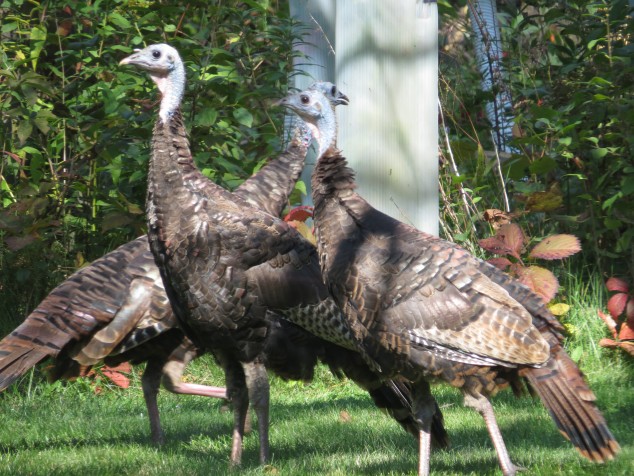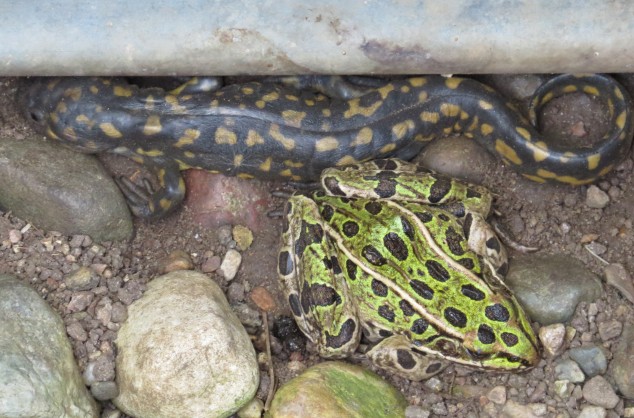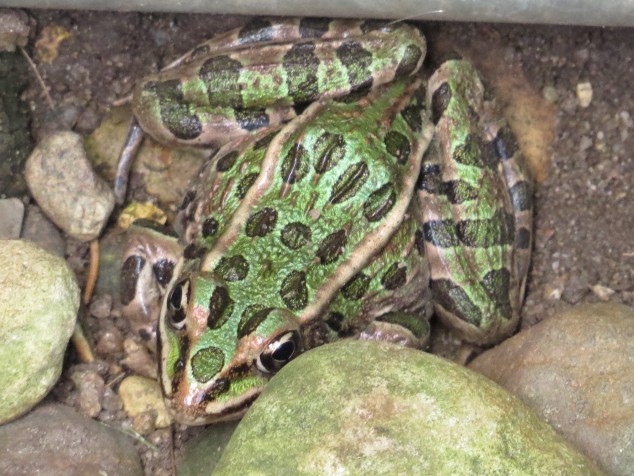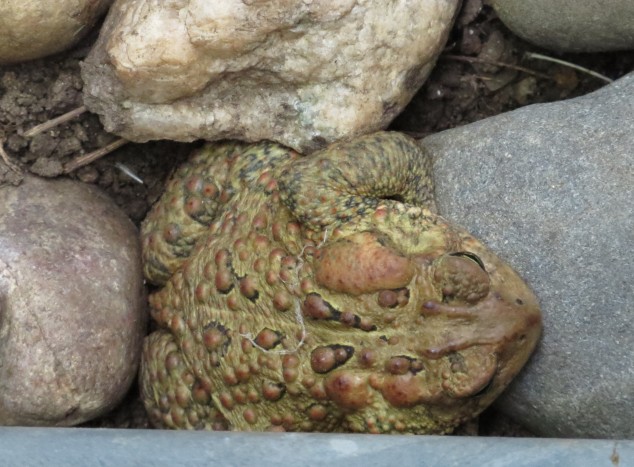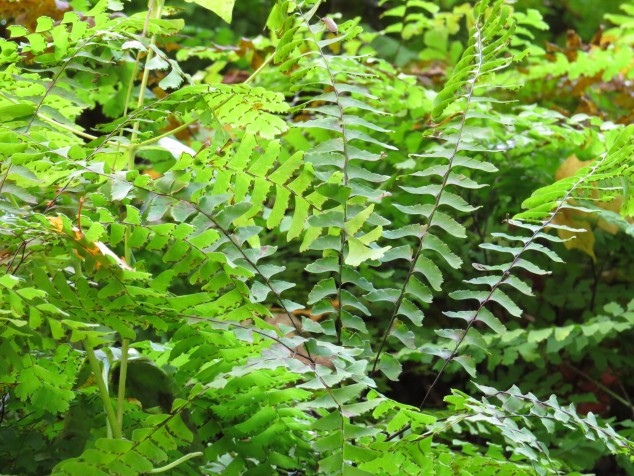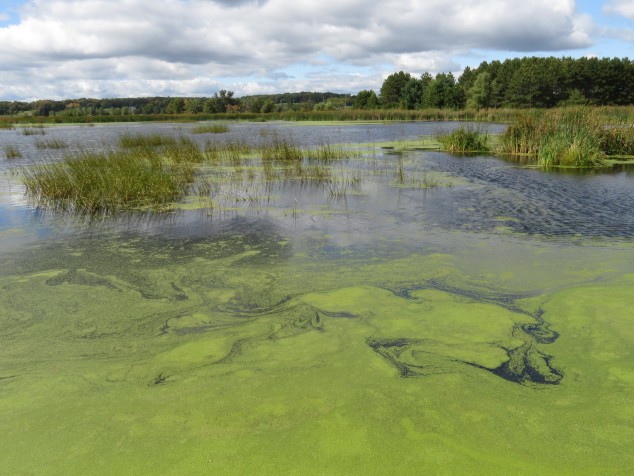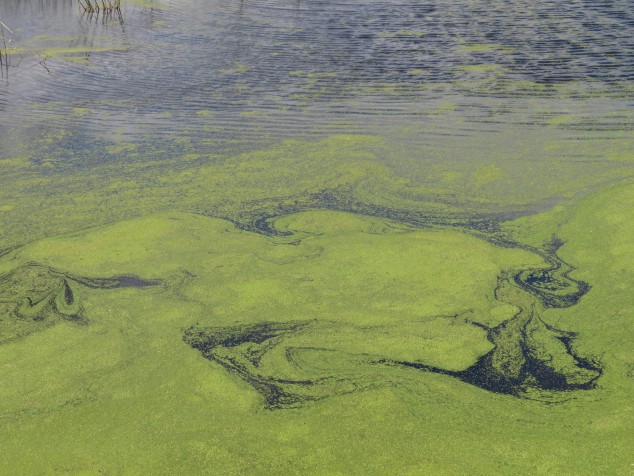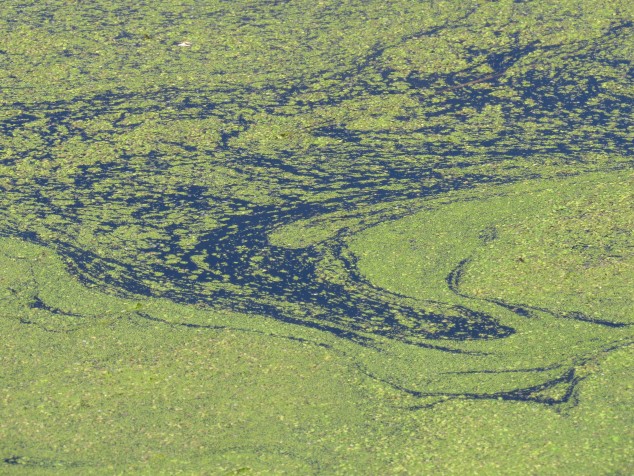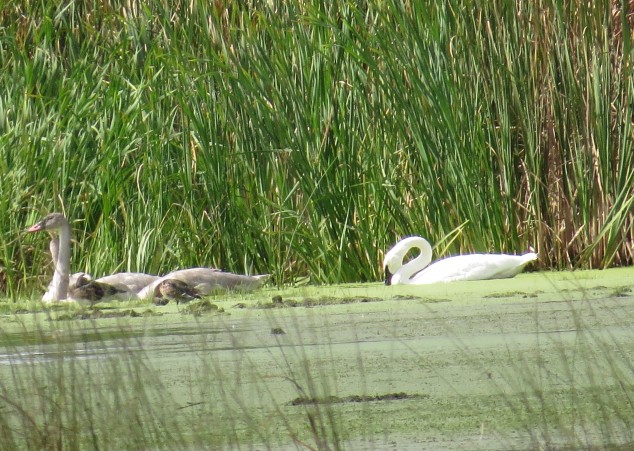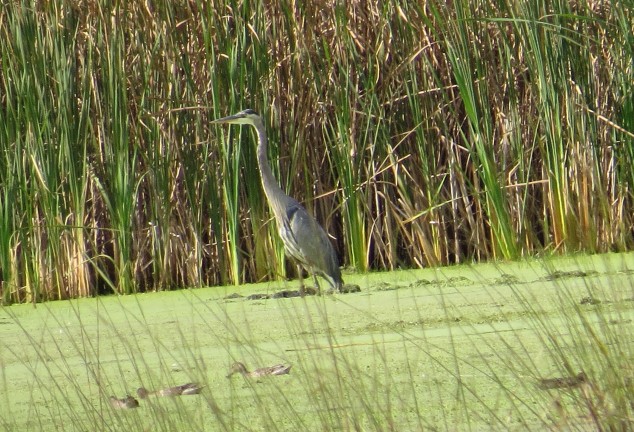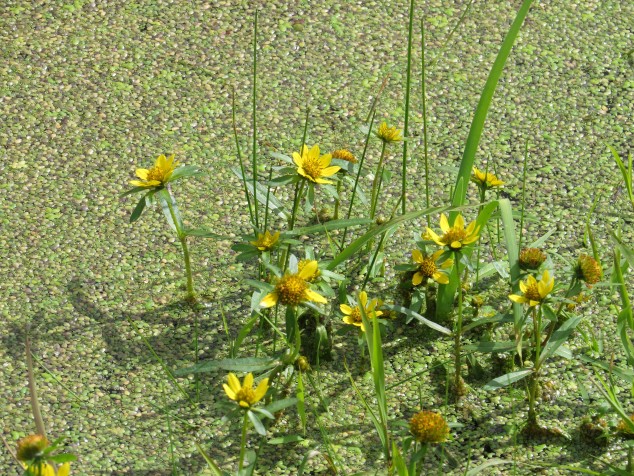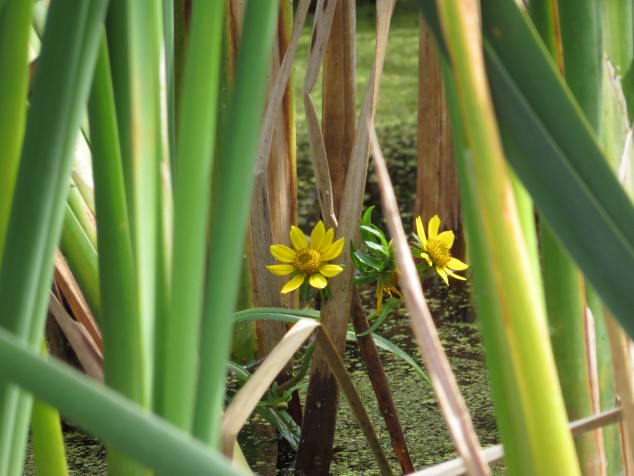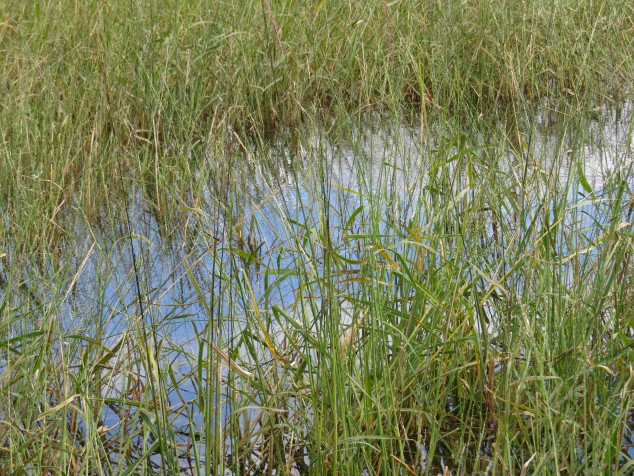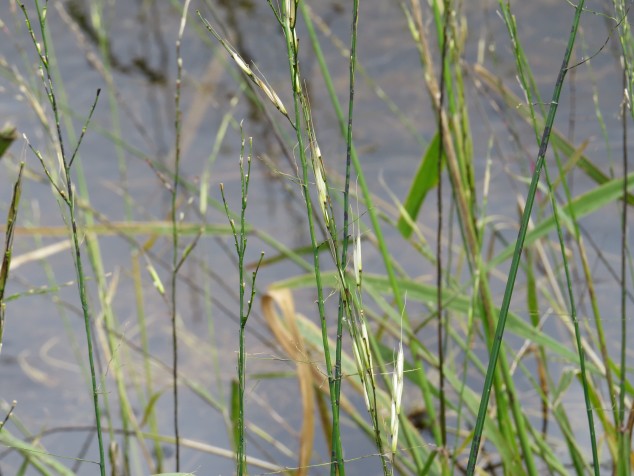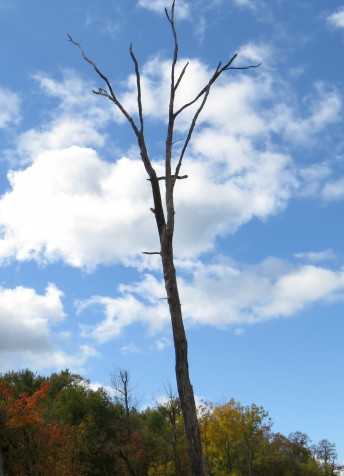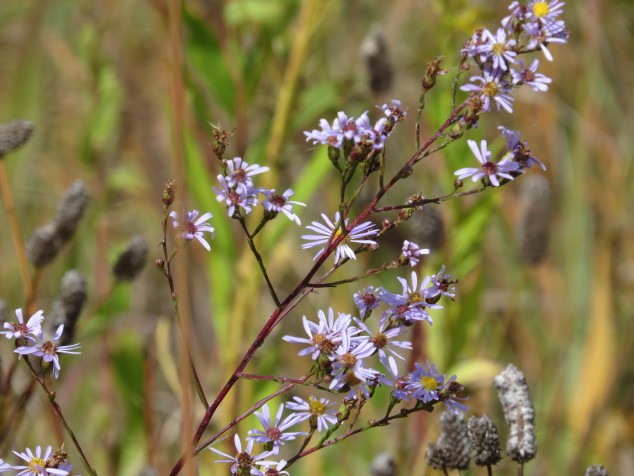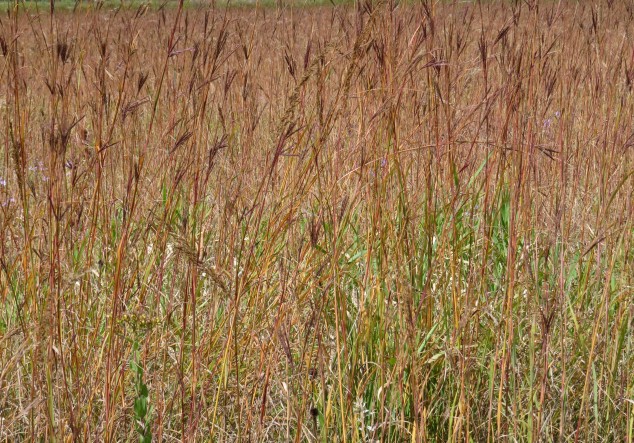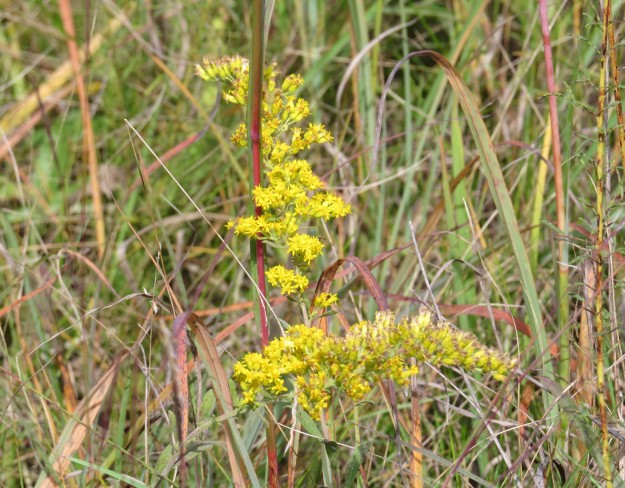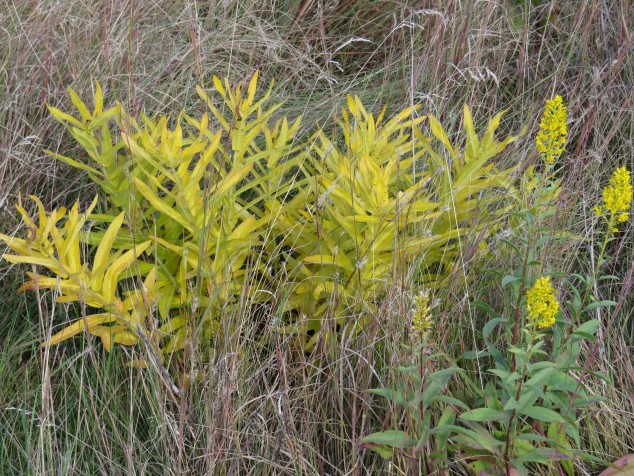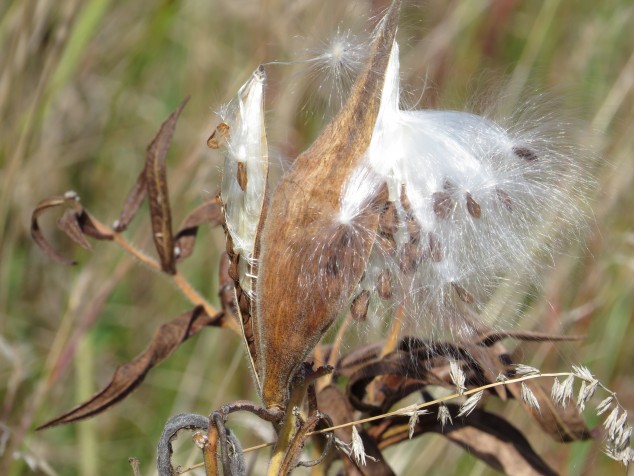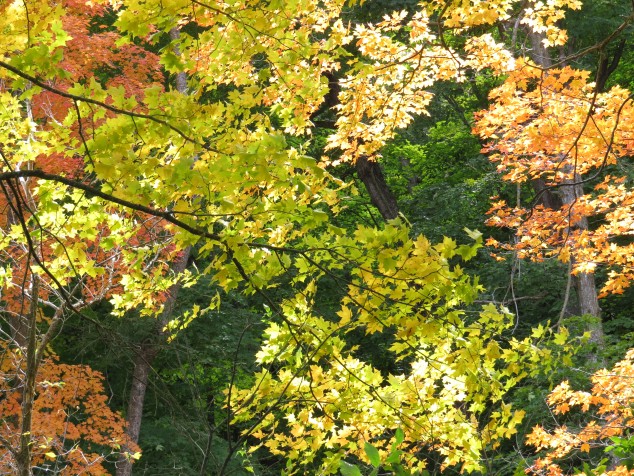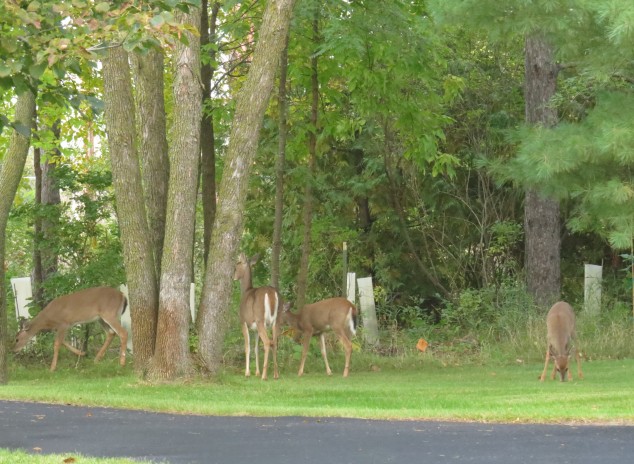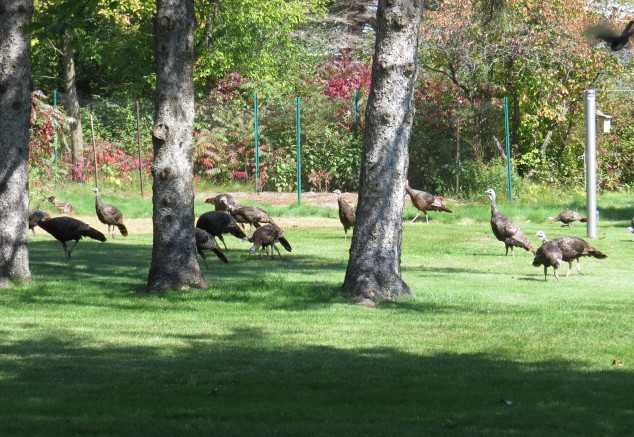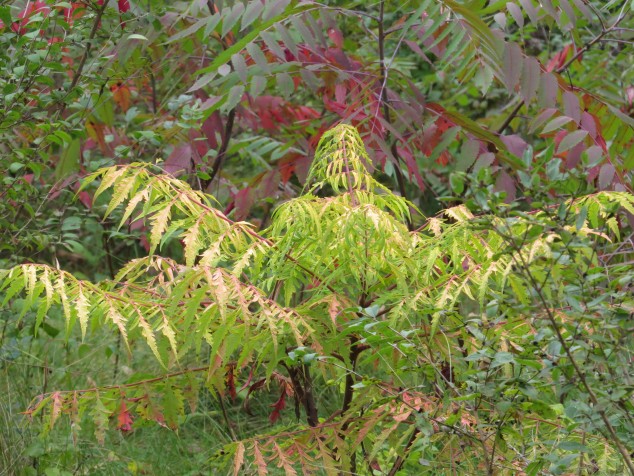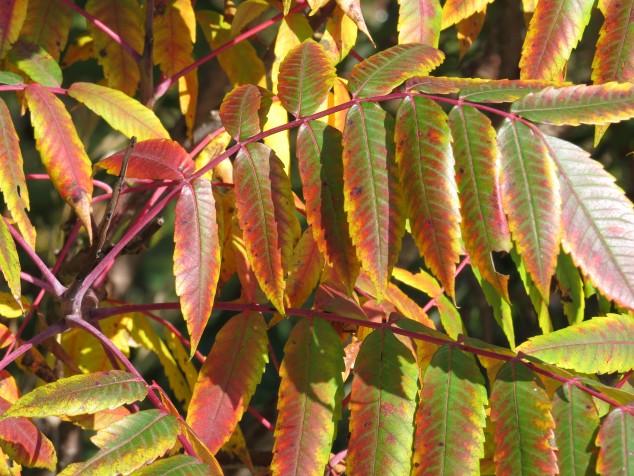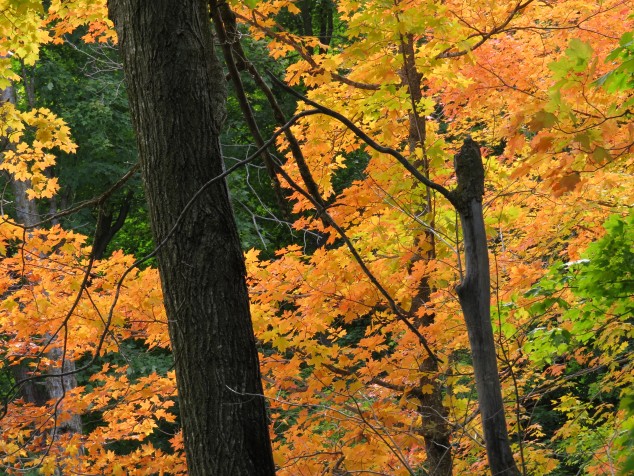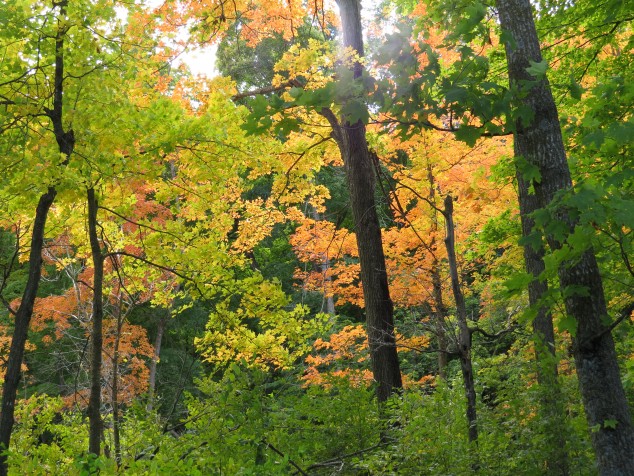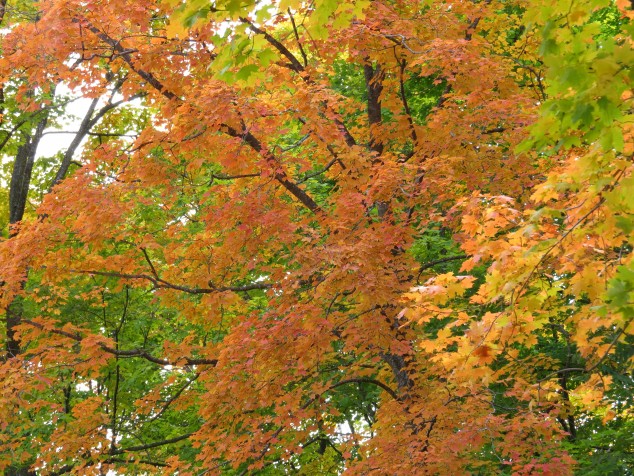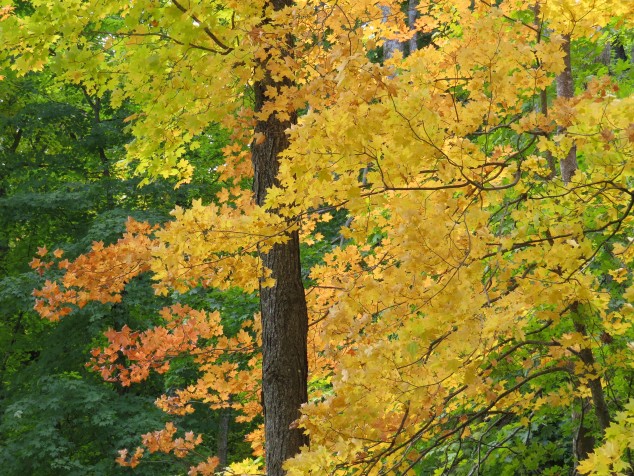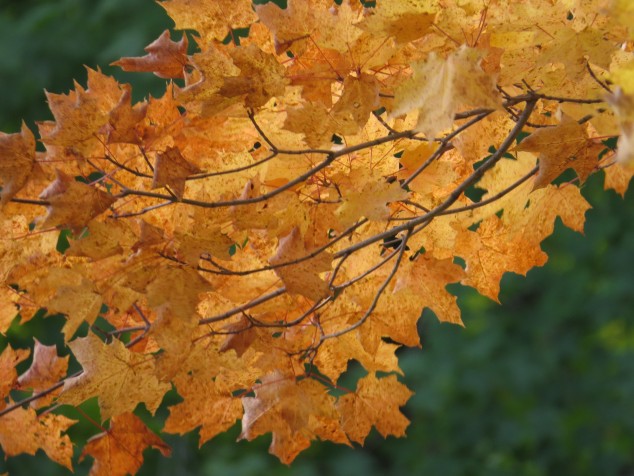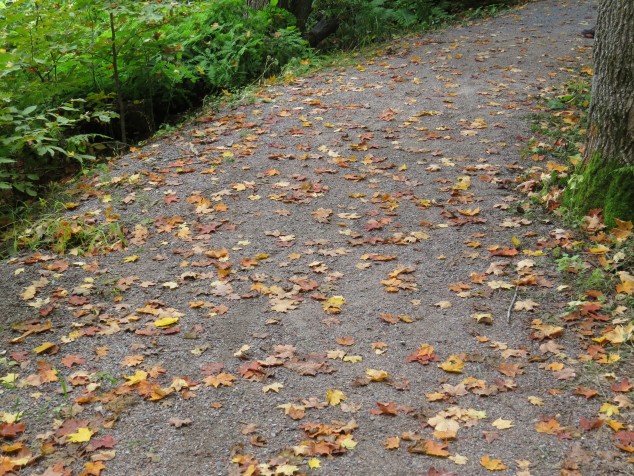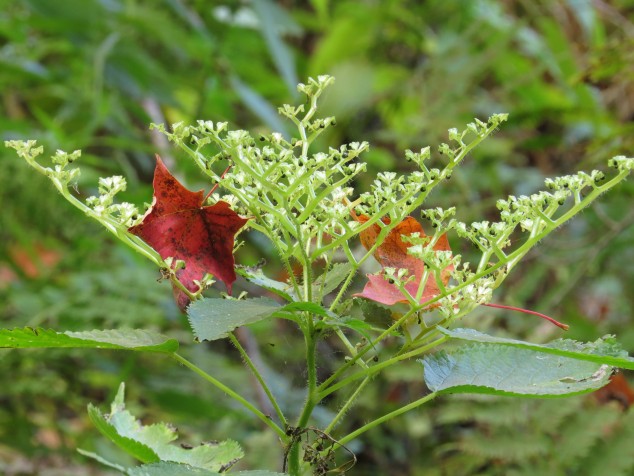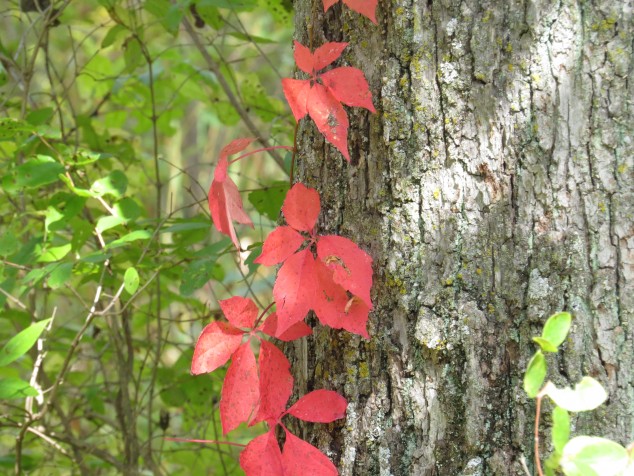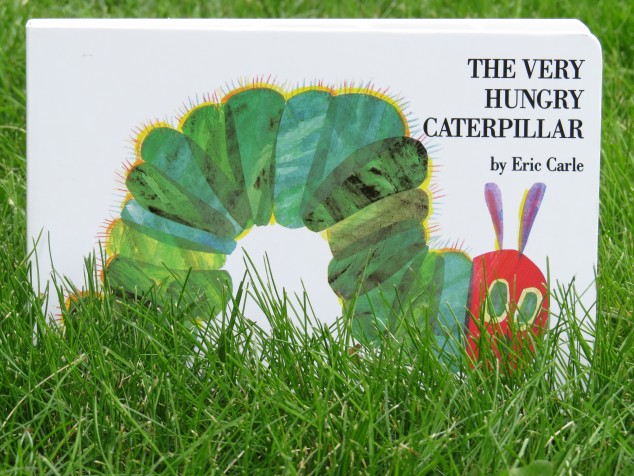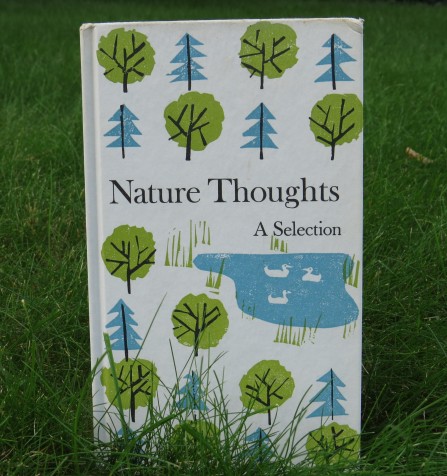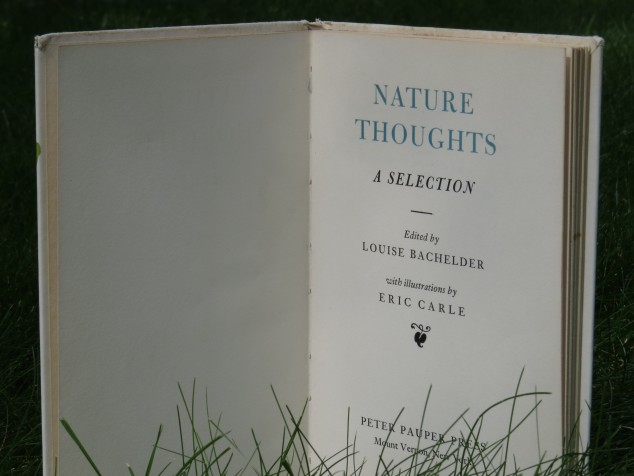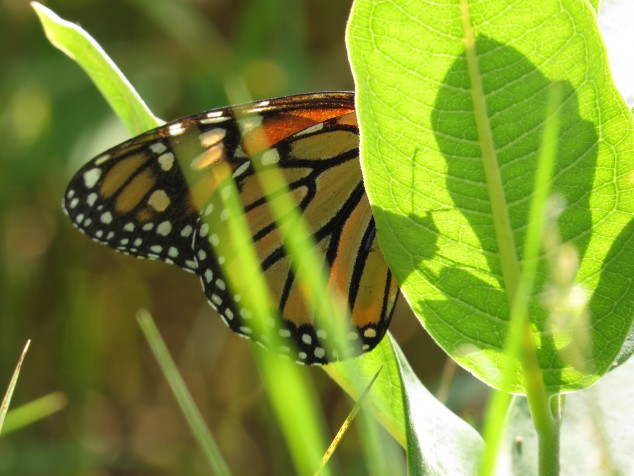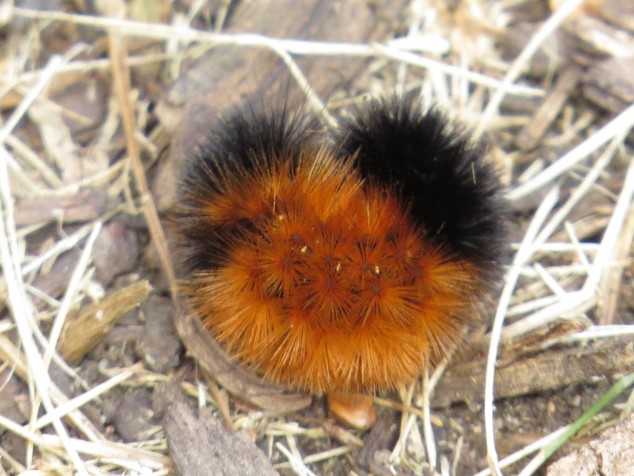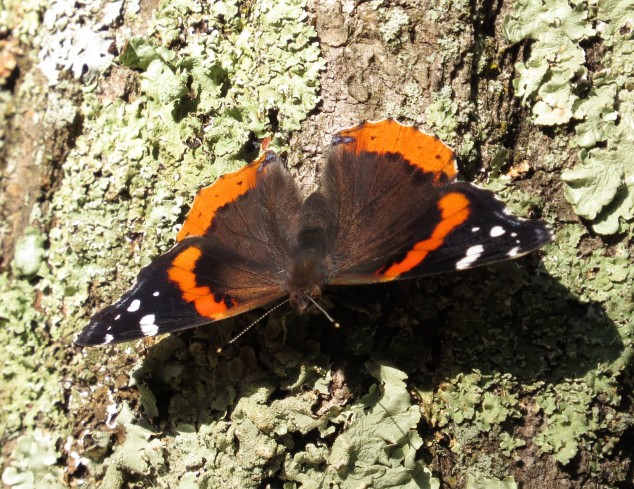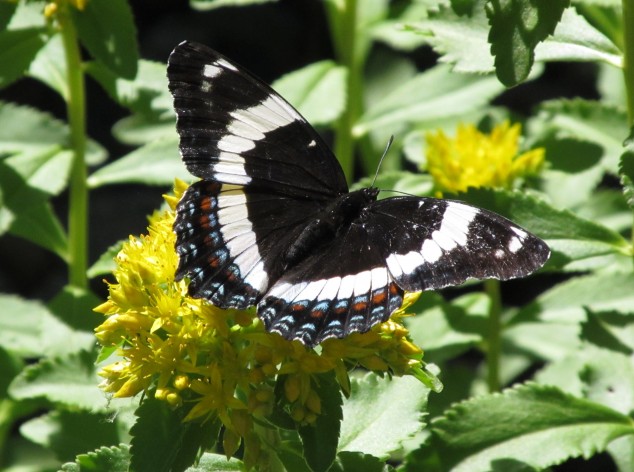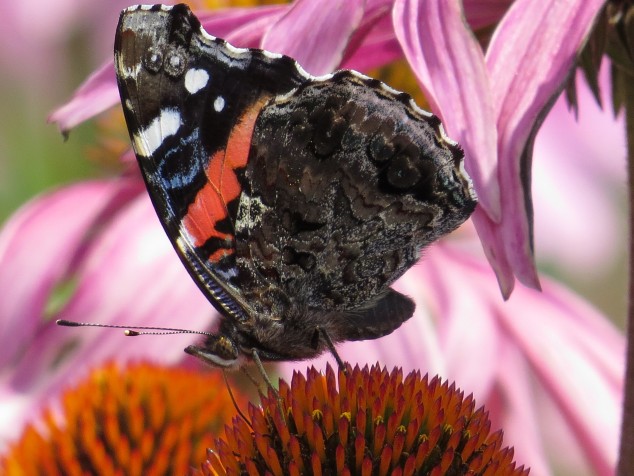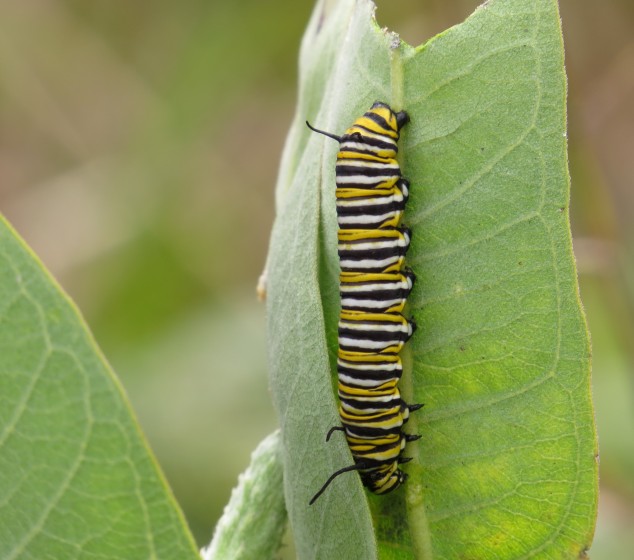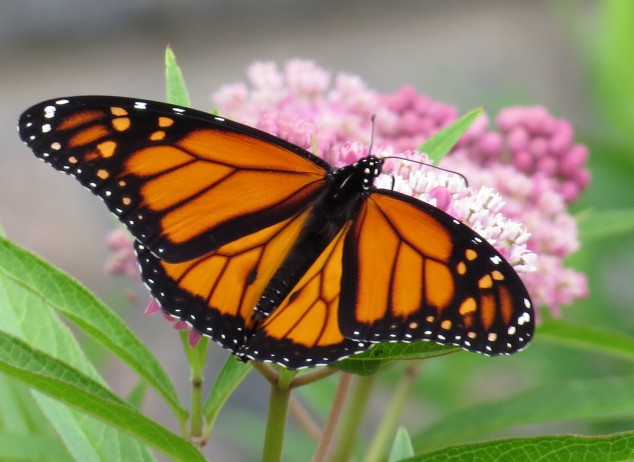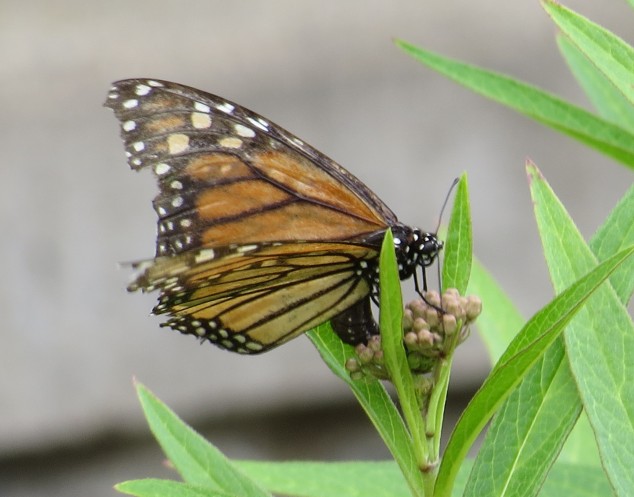I’m not a fisherman. But the handful of times that I have tried fishing, I liked having a bobber on my line. It is a good Indicator of Success for one who does not have a ‘feel’ for having a fish biting on the bait. Bobber going under the water equals a fish on the line. Set the hook and you have a fish. It makes fishing so much easier! But with the exception of one long ago fishing experience at a Varner Brothers farm pond in the great state of Missouri, when the fish were literally jumping on the hooks, I don’t even remember catching a fish–bobber or no bobber. But I still like the idea of an indicator, a marker, a helper when it comes to fishing–or anything else, for that matter.
We stopped at Warner Lake County Park this past weekend on our way back from Lake Maria State Park. It was our first time there, and we wanted to explore a bit. We parked at the boat dock, and the first thing I saw when I walked down to the lake was this:
Bobbers floating in the cattails–an indicator of hooks stuck not in a fish, but in the sticks and weeds! How many foiled fishing experiences had happened here?! I left the two true fisherman in my family at the boat dock to catch a fish or lose a lure as I walked along a path in the woods to another part of the park. An interesting mix of large cedars and oaks grew between the trail and the lake shore.
At the other side of the park, there was a fishing dock, picnic pavilion, playground, and swimming beach. The clearing had room for volleyball and running games. Tracks in the dirt and paths in the grass indicated it was a popular place for bike riding. Hiking paths disappeared into the woods. It was a charming place. Two boys and their dad fished off the dock, and the younger, bespectacled boy had a fish story of catching a large northern pike that fought like crazy. Such was the tiring fight that the young fellow had given up on the fishing and was happy to tell his fish story to passersby.
Evening announced its arrival with a chill in the air. The lake was calming down. We saw a lone kayaker out on the water practicing Eskimo rolls. Again and again he would roll over, going under the clear water and righting himself. Practicing. Being prepared.
The setting sun then lit up the far shoreline, igniting the autumn leaves in a blaze of color.
This small park just off the interstate highway was a jewel of Nature–a perfect spot for the interaction of people and the elements of Nature.
When we are surrounded by Nature and our senses are on high alert–in a good way–we are changed. Our eyes can scarcely take in all the beauty of the autumn trees, the smell of cedar trees and fallen leaves pheromonally entices us to stay and explore, the soft lapping of the water on the sand and the quaking leaves on the trees hone our hearing, and the touch of wind, water, or scaly fish makes us happy to be alive. It takes practice to let the rest of our busy worlds go for a while, but the practice is relatively simple–just go to Nature. And Nature takes it from there. Being in Nature gives us an opportunity to ponder what the Indicators are in our lives. It changes our very physiology–in a good way–just by merely coexisting. It gifts us with a fish, a good fish story, or patience. So whether your bobber indicates a great catch or a snag in the sticks and weeds, practice being in Nature–it will prepare your soul for the work of your life.
